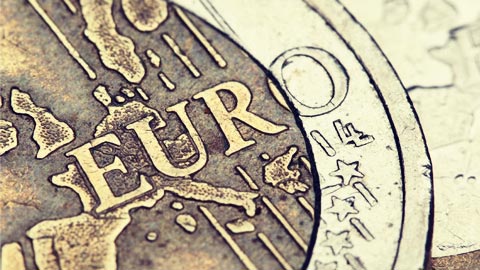The European Card Payment Association (ECPA) has emphasized the need for a robust approach to payment sovereignty across Europe, particularly amidst ongoing geopolitical challenges and the impacts of past tariff policies.
The ECPA’s recent white paper reveals that as of 2024, over 263 million European Card Scheme (ECS) payment cards were in circulation, facilitating 31.5 billion transactions the previous year. However, the payments landscape is largely dominated by Visa and Mastercard, which together account for 65% of card payments in the euro area, while US tech giants like Apple, Google, and PayPal are also gaining traction.
The paper outlines the pressing necessity to protect the sovereignty of payment infrastructure in Europe, especially in light of the current US administration’s isolationist tendencies and the unpredictable geopolitical climate exemplified by the ongoing conflict in Ukraine. It advocates for a comprehensive payments and industrial policy that guarantees European consumers and businesses always have access to at least one EU-based payment method, in tandem with the continued development of European open standards, such as CPACE.
Additionally, it suggests regulatory measures to ensure a level playing field between ECS and international competitors, as well as systems to encourage infrastructure sharing and cross-border acceptance among European stakeholders.
These recommendations resonate with the European Commission’s emphasis on strategic autonomy in payments. This initiative gains traction following Christine Lagarde, President of the European Central Bank, who in April called for a “march towards independence” from global payment platforms. The European Payments Initiative, also supported by the ECB, urges local digital payment networks to collaborate in establishing a shared merchant acceptance infrastructure, promoting interoperability and scalability.
Juan Carlos Martín, chairman of the ECPA, stated, “To safeguard Europe’s financial future and autonomy, especially when economic relations can quickly deteriorate, it is crucial that the sovereignty and cooperation inherent in Europe’s card schemes receive robust support from all stakeholders. Control over payment infrastructure is essential for true economic sovereignty, and financial and regulatory institutions across Europe must prioritize collaboration to achieve this.”
In response to these calls, Giesecke & Devrient has announced plans to introduce a multi-application card that will provide access to local domestic networks for both in-store and online transactions across multiple countries. The initiative, known as Stella (Sovereign Technical European initiative Leveraging Local Assets), will connect with over 300 million cards operated by domestic European card schemes, ensuring full interoperability with Visa and Mastercard only as needed.
